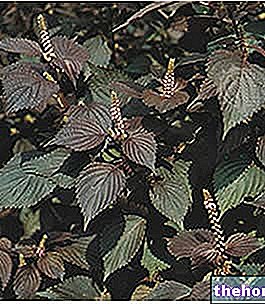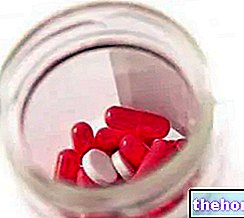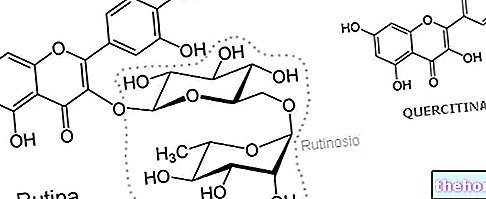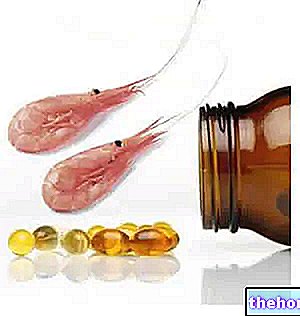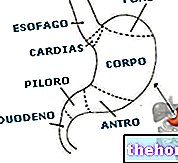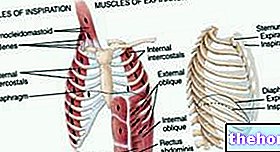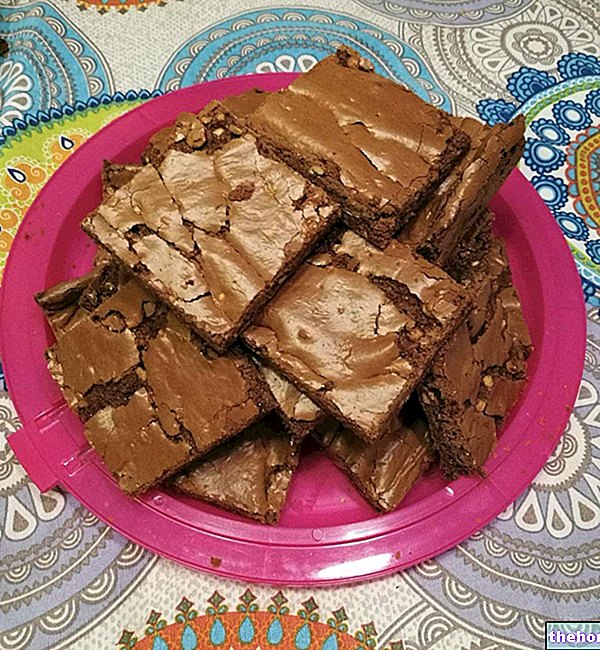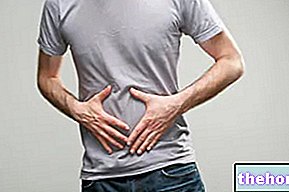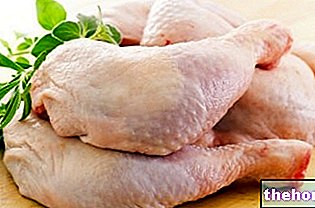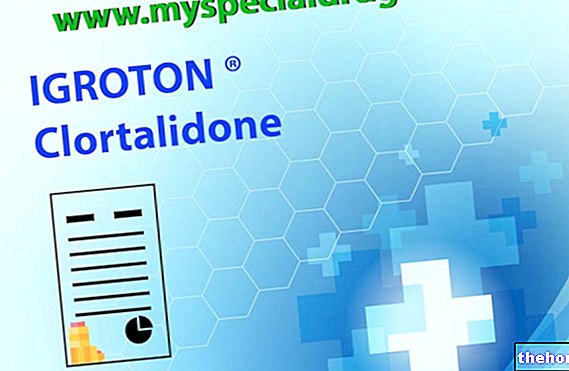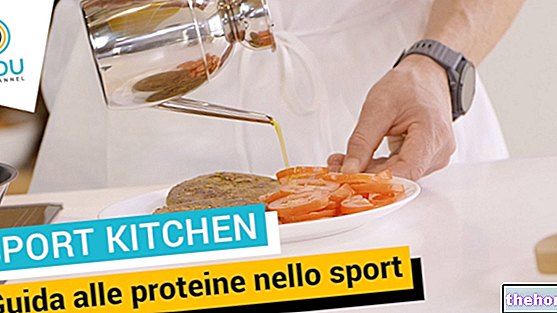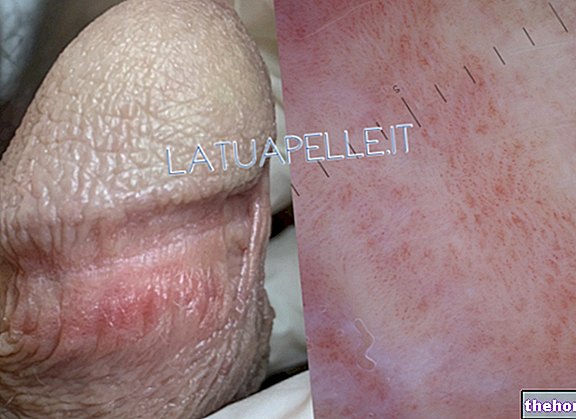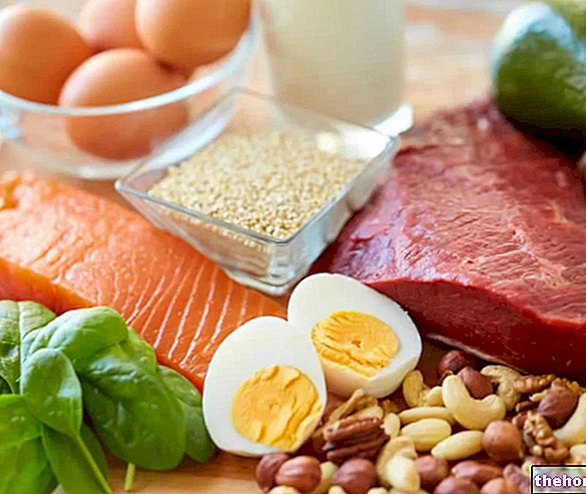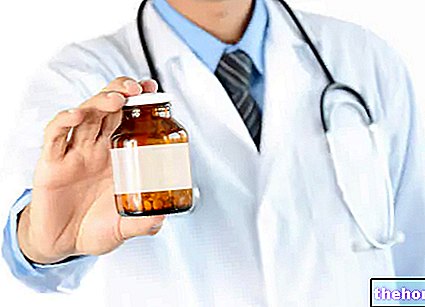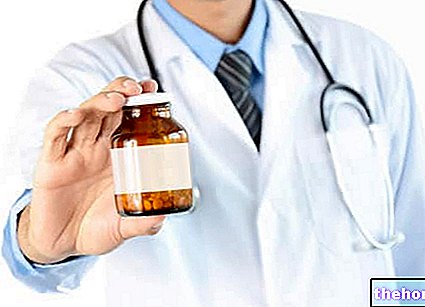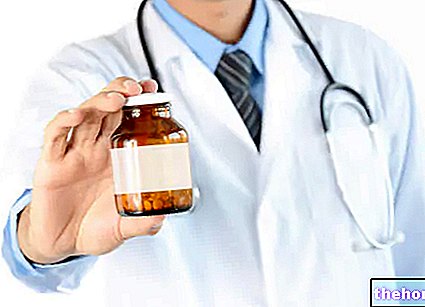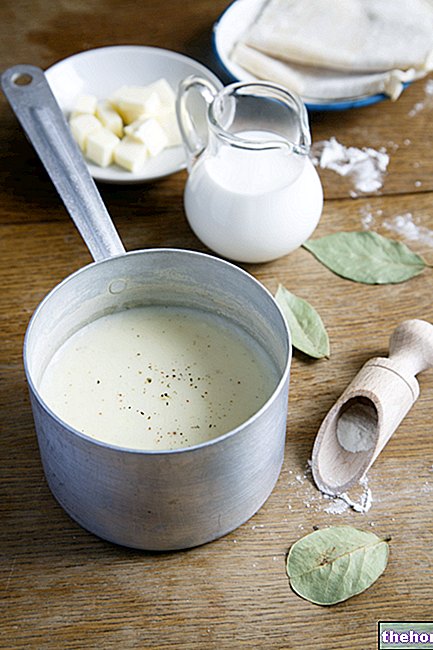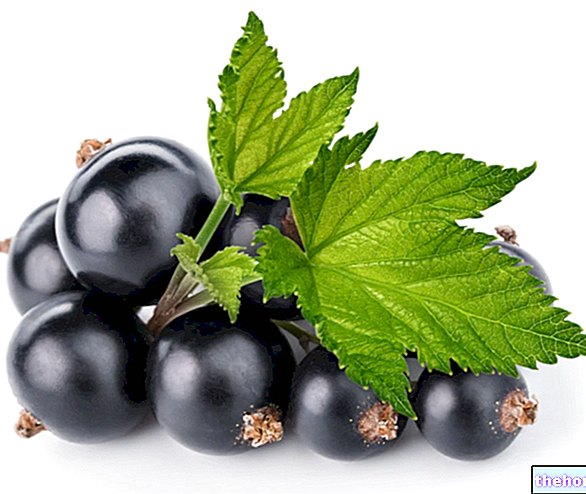Lecithin in powder is a food supplement whose use is useful for health purposes but not for sports or physical culture.
Lecithin powder supplementation was designed for reduce intestinal absorption of cholesterol (intervention necessary to combat the lipid dysmetabolisms caused by this steroid molecule).
Lecithin powder is a food supplement

What is lecithin?
Lecithin is a phospholipid, that is a molecule that has a chemical affinity for both lipids and water; thanks to this characteristic, lecithin is a powerful EMULSIFIER which, inside the intestinal lumen, binds cholesterol and hinders the "absorption.
In our body, lecithin performs two very important functions:
- It is the main component of the cell membrane
- It is a synthetic substrate for the hepatic enzyme Lecithin Cholesterol Acyl Transferase (LCAT)
NB. The LCAT determines the esterification of cholesterol and therefore favors its distribution to the tissues; moreover, it facilitates its uptake by the HDLs which carry out the "reverse transport of cholesterol" by promoting its elimination with the bile, therefore with the faeces.
Why - when - how to take lecithin powder
As can be seen from the previous paragraph, lecithin powder is a useful supplement for reducing cholesterolemia; this property derives both from its ability to bind dietary (and biliary!) cholesterol in the intestinal lumen, reducing its absorption, and from the "increased synthesis of hepatic LCAT, an enzyme essential to the" reverse cholesterol metabolism ".
The intake of lecithin powder is useful (therefore recommended) if the blood cholesterol levels are excessively detached from the norm; we briefly remember that for healthy people the normal limits are roughly:
- Total cholesterol: 200-220mg / dl (values below this threshold desirable)
- HDL: female 50mg / dl; Male HDL <40mg / dl (values HIGHER than this threshold desirable)
- LDL: 130mg / dl (values below this threshold desirable)
It should also be remembered that, especially in the presence of other risk factors for vascular disease (atherosclerosis with coronary infarction or cerebral stroke), the aforementioned limits can also be significantly corrected. In particular, there are MODIFIABLE and aggravating risk factors for hypercholesterolemia: cigarette smoking, hypertension, obesity, sedentary lifestyle and Diabetes Mellitus.
Obviously, lecithin in powder is not the only food source of this phospholipid; it is naturally contained in foods of plant origin (soy and legumes, whole grains), but also in those of animal origin (egg yolk [from which it was first mined in 1850] and meat); however, its dietary intake results higher and more effective if legumes and cereals are preferred over animal food sources. This is due to the fact that, by binding fats and cholesterol, the lecithin contained in foods of animal origin could be already saturated or in any case not sufficient to significantly hinder the absorption of most of the steroid contained in them ... moreover, take lecithin to fight cholesterol by eating foods that in turn are rich in it ... logically, it does not seem a particularly brilliant strategy! Once it fights the absorption of fats, it is possible to obtain a source of rich and "purer" lecithin (without cholesterol). It is true that lecithin has the ability to bind to all plant lipids and phytosterols, however, their concentration is absolutely lower than that of foods of animal origin while the quantities of lecithin are absolutely greater.
Ultimately, if necessary or useful, how should lecithin powder be taken?
Powdered lecithin must be taken in conjunction with main meals, especially those with a good cholesterol or saturated fatty acid content. The recommended EXOGENOUS daily ration varies between 5 and 15g / day, possibly divided into 2 or 3 administrations (lunch-dinner or breakfast-lunch-dinner); lecithin powder is also water-soluble, therefore it is recommended to dilute 1 full teaspoon (5g) or 1 full tablespoon (10g) every 100-150 ml of water.
See also: LECITHIN IN THE KITCHEN - Video Recipes based on lecithin
Bibliography:
- Mode of action of lecithin in suppressing cholesterol absorption - Alfred J. Rampone and Cynthia M. Machida - Department of Physiology, School of Medicine, University of Oregon Health Sciences Center, Portland, OR 9720 1.


